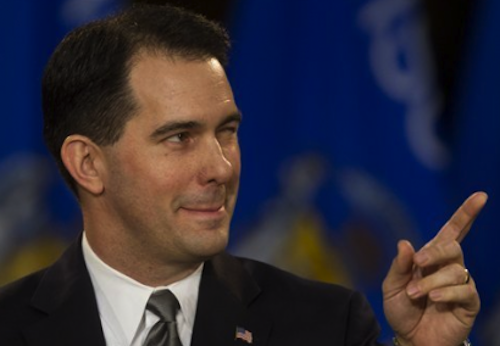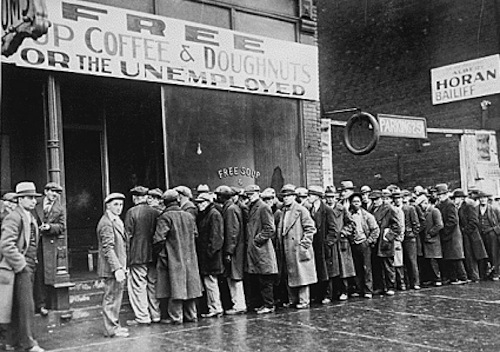
Fast-food workers strike for higher wages next to history’s most inspiring statue of Ronald McDonald.
There was something I was supposed to remember today—something really important, possibly related to fundamental threats to our American way of life. What was it? I swore I’d never forget. Oh yeah—a decade of skyrocketing income inequality. According to tax data, the top-earning US households captured a larger share of the nation’s income than ever before, breaking a record set in 1927. If I remember correctly, the years after 1927 saw a rising tide that lifted all boats. I’m being sarcastic, of course. There was a worldwide depression, but that situation was different, because back then most of the high-end income came from the financial and real estate economies. Wait—I’m still doing it.




